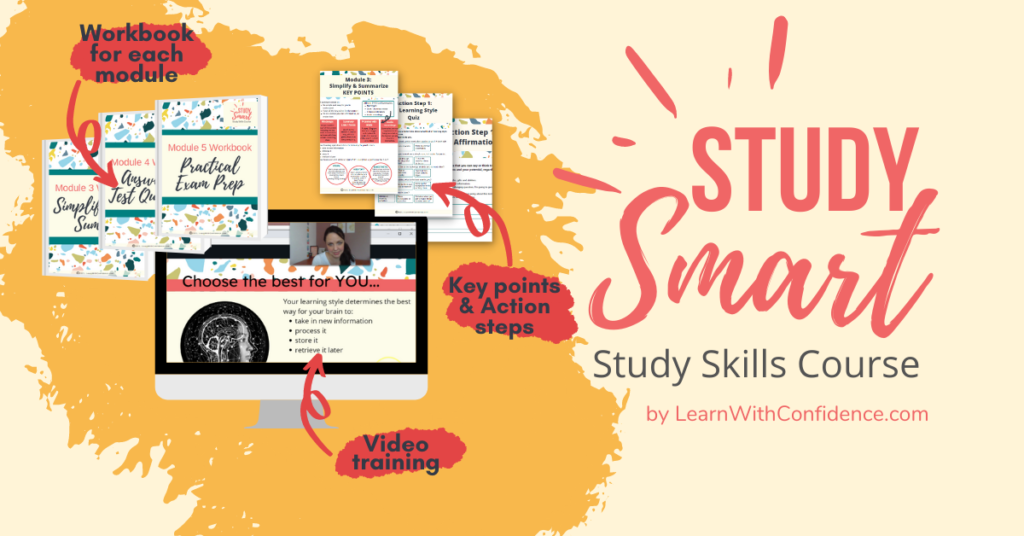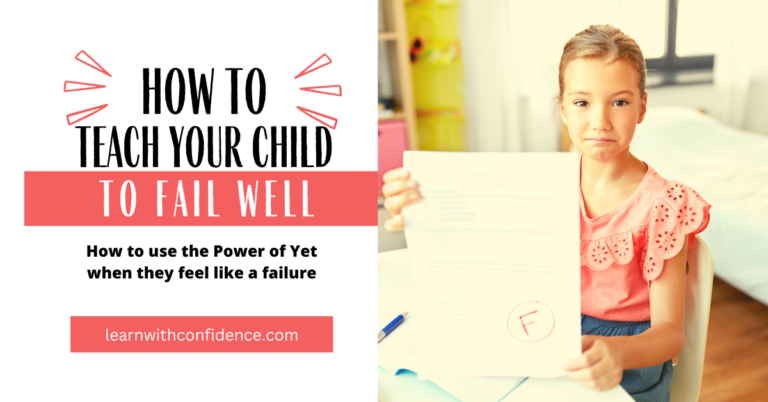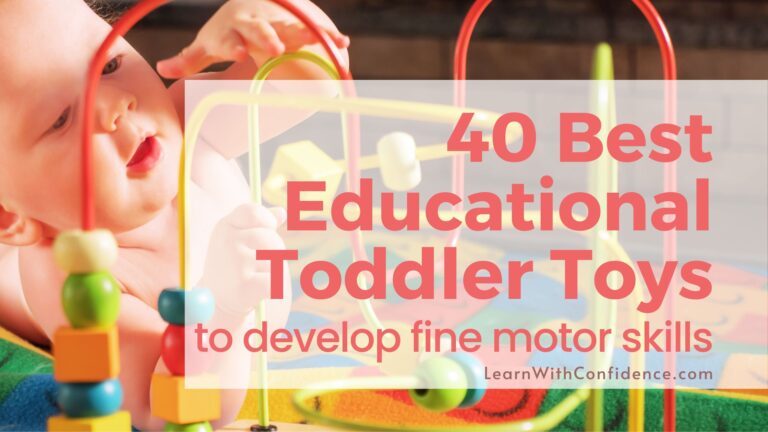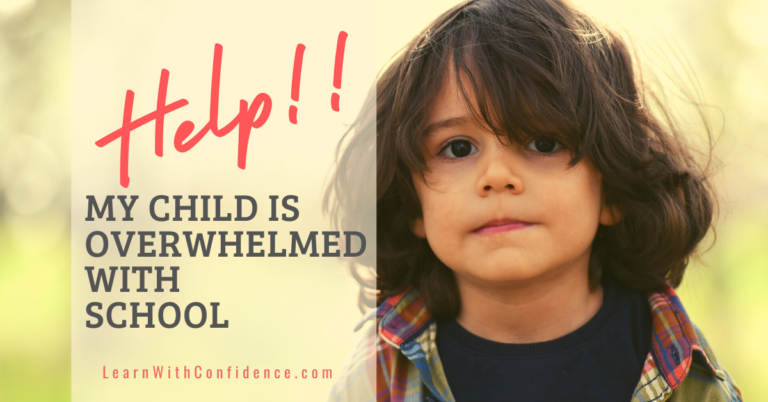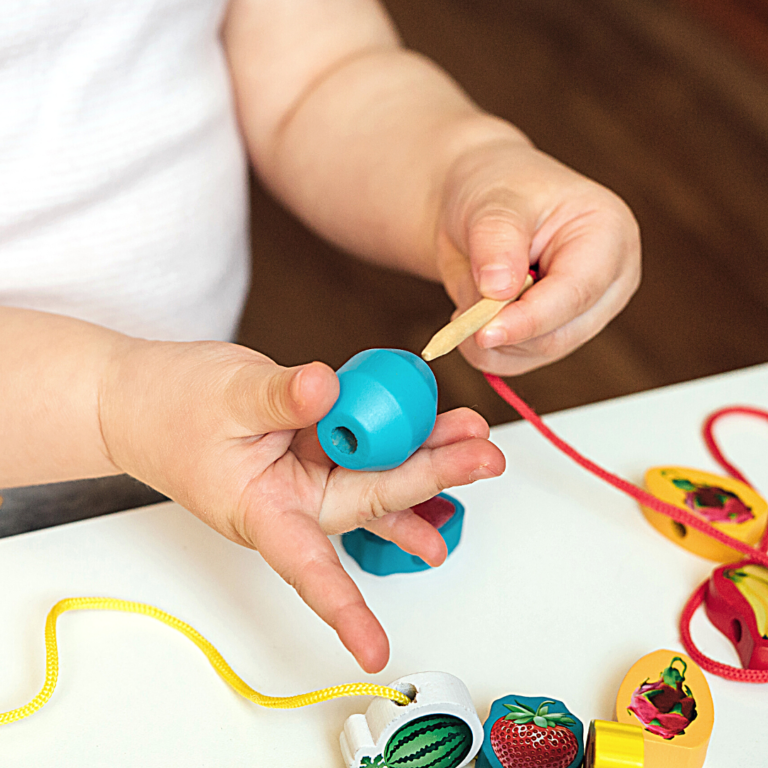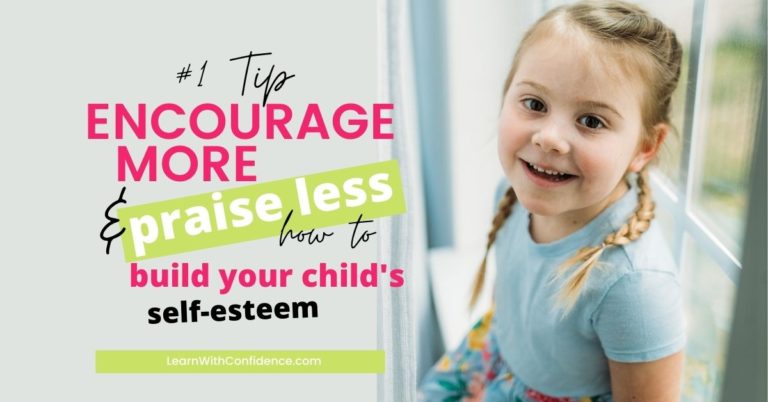4 Powerful Skills Sets your Child needs for School Success
So when you think of school success, what does that look like for your child?
Maybe your child loves everything school and learning. They just seem to excel at everything and find learning so easy and natural. You never have to drag them out of bed to get ready for school or nag them about homework or deadlines.
(Reading that and thinking – “Whaaaat!? Does that kind of kid even exist!?”)
If you are, your kid is probably a little different.
Maybe you have a kid who hates school and finds learning really difficult. A kid who works so hard and tries everything to do well and they just can’t seem to reach their goal.
Or perhaps your child is the one about whom the teachers write “enjoys socialising with her peers” – which you know is code for “talks too much in class”. Maybe your kid is the one who never sits still and has no sense of self-control.
Maybe it’s your kid who is a nervous wreck every time there’s a test or speech or presentation at school. Or a child with learning challenges that just create so many obstacles for them, even though they try their best.
If you’re feeling worn out and at a loss as to how to help your child, you are in the right place, Mama.
The skill sets we’re going to chat about are what I narrow it down to as the four fundamental areas we need to develop in our children, for them to really succeed in school.
But we need to have a hard convo first…


What does school success look like for your child?
It’s so important for us that our children succeed. All we want is for them to be able to have opportunities to do the things they enjoy and follow their dreams into careers and lives that give them a sense of fulfillment.
But when it comes to school we have to really think about what “school success” means. Because that’s going to drive us as we drive our kids.
Your child is unique. And their uniqueness is going to determine what success looks like for them.
People often define success in school in terms of the grades a kid achieves or doesn’t achieve?
And maybe you’re one of those parents that have never pushed your kids in that regard. But they pick it up from somewhere.
I always tell my students that there are WAY more important things than just their grades. I would be much happier if they got a 60% and had a great work ethic and attitude, than if they got 90% but hated school and life and were an anxious ball of nerves every moment of their school career.
So what is important to you?
Are grades important? Yes. (That’s just a reality!)
Are they THE MOST IMPORTANT thing? No.
If school is the place your child spends most of his or her time these days. It’s the place where they’re learning SO much more than just Maths or History. They’re learning about work ethic, critical thinking, planning and time management, how to interact with authority figures, how to manage their feelings, how to build lasting friendships, how to navigate conflict, how to overcome challenges. School success is about so much more than the grade your kid gets!
How will you “measure” your child’s success in school?
4 skills sets your child needs for school success
As I said earlier, these 4 skills sets are the fundamental areas to develop so your child can enjoy succeeding in school. These skills sets all link together and overlap in some really interesting ways. Your child might be really “good” at one set and lack in another. The aim is to work on all of them: Where there are strengths – grow them and use them; where there are weaknesses – develop the skills that are needed.
I love the concept of these being skills sets, because skills can be learned and developed until they can be mastered! In your child’s own unique way of course!
Developmental Skills
Developmental skills are foundational. Your child starts learning most of these in early childhood (their toddler and preschool years) and then they get honed and developed through Grade 1 – 3. By the end of Grade 3 your child will have mastered these skills and be ready to use and apply them in different ways as they get older. So new skills get added to your child’s regimen that build on those basic development skills.
There are 3 areas that we consider Basic Developmental Skills:
- Gross motor skills
- Fine motor skills
- Cognitive / Perceptual skills
Gross motor skills
Gross motor skills are the skills your child develops as they use their whole body. Think about big muscles, big movements, whole body activities.
These might include things like
- Balancing
- Hopping
- Running
- Climbing
- Crawling
- Throwing / catching / kicking a ball
- Hitting a ball with a bat of some sort
And SO many more.
The important thing to remember here is that the muscles that develop as a result of gross motor skills are actually REALLY important for developing fine motor skills too! And the activities your child does when they develop gross motor skills often develops the cognitive and perceptual skills too!
Fine motor skills
When you think ‘fine motor skills’, think small. Think about all the small muscles in your child’s hands that make it possible for them to do the tasks that require fine movement.
These activities might be
- Playing with play-dough
- Building blocks or Lego / pulling them apart and putting them together
- Putting stickers onto a picture / peeling them off
- Threading shoelaces through the holes in their shoes
- Doing the buttons on their jersey
- Zipping up a jacket
- Stirring a bowl of porridge
- Feeding themselves with a fork or spoon
- Colouring pictures, drawing and later writing
- Painting with their finger-tips and later with a paintbrush
- Cutting with scissors
And there are MANY more as you can imagine!
Just like with gross motor skills, these fine motor skills are also closely linked to your child’s cognitive and perceptual skills.
Cognitive / Perceptual skills
So, what do I mean by cognitive and perceptual skills?
Put simply, these are the skills that use your child’s thinking brain. And these are the foundation of SO many other academic skills your child will use later in their school career.
Cognitive / Perceptual skills include:
- Recognizing size of objects
- Shapes
- Colours
- Counting
- Sequences
- Matching
- Grouping items that are similar
- Letters and sounds
- Patterns
- Following instructions
These basic developmental skills set your child’s body and brain up for success in school as they progress through the grades. They will use these in every aspect of their school career, not to mention everyday life. For example, getting your toddler involved in chores around the house is a perfect “everyday” way to develop these skills. You’ll see how these tie into academic skills next.
Academic Skills
When you hear academic skills you might think of academic subjects, like Maths, Languages, History, Science, etc.
But when I talk about academic skills I’m talking about skills your child will use in all of those subjects in different ways.
When your child masters these skills you’re going to see improvements in a lot of different subject areas, because these skills are not limited by content.
Here’s a list of some of the academic skills I’m referring to:
- Reading and comprehension
- Problem solving
- Critical thinking
- Studying skills
- Test-taking strategies
- Research skills
Obviously as your child progresses through the grades, tasks using these skills will become more demanding and require more work and effort from them. In the younger grades, they will first learn to read and comprehend what they’re reading on a very basic level. As they become older and have to do research tasks, or write tests and exams, they will use their reading and comprehension skills quite differently.
As we’ve said before, school is more than the subjects or grades and that’s why developing these academic skills will help your child succeed in school and beyond. Because if your child can take those critical thinking skills and problem solving skills, for example, with them into the working world as an adult, they’re more likely to make a successful career too!
Executive Skills
I feel like this right here is the secret-superpower-key-to-success. Succeeding in all of the other skills sets, so heavily relies on success in Executive skills?
Do you have a child who struggles to stay organized, plan and prioritize their tasks or manage their time? A child who gets distracted easily, forgets instructions you gave her and procrastinates – a lot!? Maybe your child struggles with regulating their emotions and being flexible?
These are ALL executive skills – the skills that help us “execute” tasks or, in other words, get stuff done.
Here are the 10 executive skills I’m talking about:
- Response inhibition (think, impulse control)
- Working memory
- Emotional control
- Sustained attention
- Task initiation
- Planning / prioritization
- Organization
- Time management
- Goal-directed persistence
- Flexibility
- Metacognition
These are skills we keep developing until we’re into our 30s! Every person has areas of strength and areas they find challenging. But the beauty with these skills is that, like the others, you can use your strengths to overcome your weaknesses or challenges!
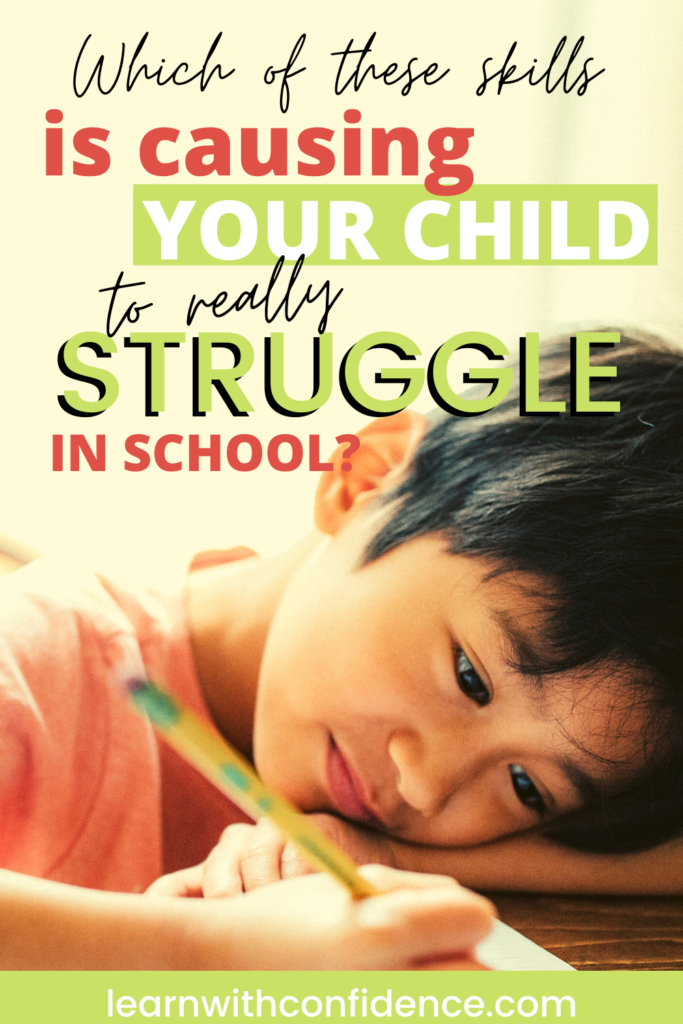
Social Emotional Skills
The same is true of Social Emotional skills. And I’ve left this set to last to discuss because mastering these skills really set our children up for success in a very internal, and a very external way.
What do I mean by that?
Some of the social emotional skills your child needs to develop involve their mindset and the way they see themselves and their world. Other social emotional skills involve how they interact with other people in their world.
Now if your child has ever spoken about her friendships at school or a fight she had or how she doesn’t like a particular teacher, you’ll know how much those social interactions affect your child’s ability to learn at school. And on an internal level, I have seen children’s work ethic, attitude and performance transform when they were more positive and motivated. Teaching our children how to use their strengths to overcome challenges, how to manage their anxiety and build resilience is key.
Some of the social emotional skills your child needs to develop include:
- Self-Awareness
- Growth Mindset
- Managing your emotions
- Social skills
These develop from the moment your baby is born and keep growing into adulthood. And just like the other skills, they are something we can learn, and grow in.
Why these skill sets are important for school success.
I’m willing to bet you want a happy, healthy (physically and mentally) child who achieves his or her full potential.
Because what mom doesn’t, right?!
In order to help your child become this person, you’re going to have to help them succeed in the very big part of their lives that is school.
When our children can develop these skills in their own unique way and use their strengths to overcome or simply compensate effectively for areas they find challenging, that is when we start to see a shift in success.
When you think about all that your child is learning about, and learning to do, through their school career it makes sense how all of the areas are tied together to develop the type of human you want your child to become.
Can MY child succeed in school?
Does that all seem like a lot?
Is it even possible then!?
And the answer is YES!
Why? Because firstly, it is our natural tendency to grow and develop as humans. Your child will automatically do it.
But here’s the caveat.
They will only grow as they have opportunity to. Like any plant – put it in the right kind of soil, give it the sunlight, water and nutrients it needs and it will grow. (These will be unique to the needs of that particular plant though.) It’s the same with our kiddos.
Put them in an environment where they can thrive. Equip them with the tools, skills and opportunities to grow and develop. And they will – in their own unique way.
And if they find something difficult, or they learn differently, or they have special learning needs – when we figure out what those are, we can put things in place that can still help that child grow into the successful individual they’ve been designed to be!
Time to Take some Action
Pin this image to your favorite board for supporting your child’s education on Pinterest and share it with your momma friends who want to know how to support their kids better too! Then make sure you head over to my Freebie page and grab any of my free gifts to you to equip and empower you to help your child succeed, in the classroom and beyond!

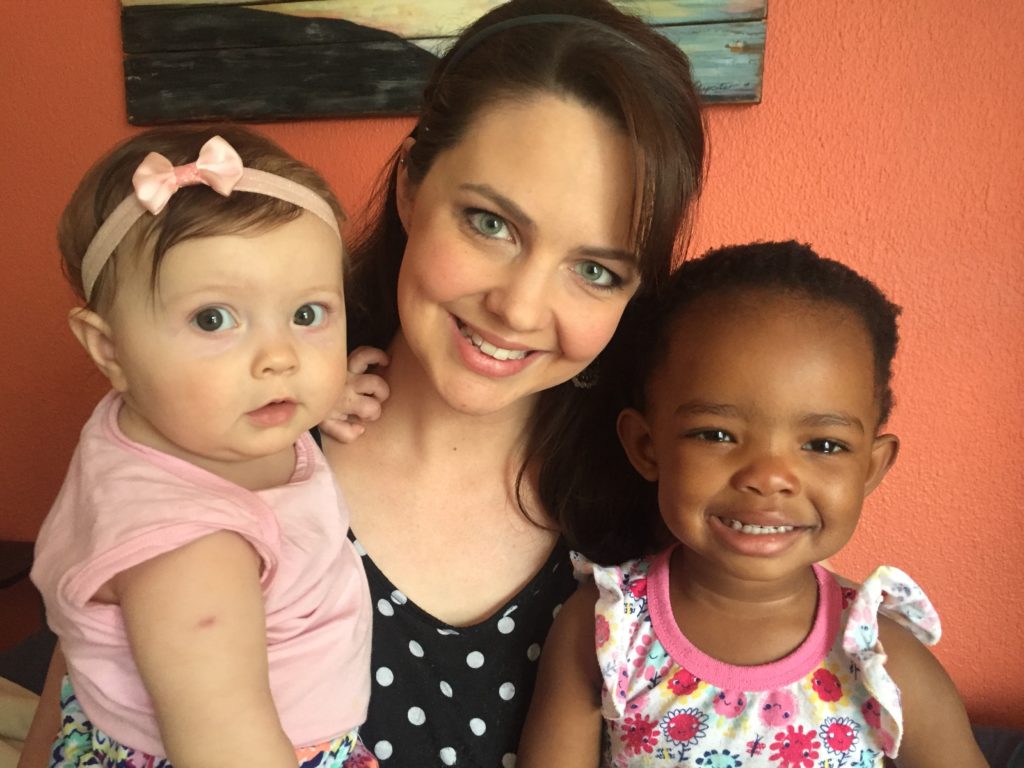
I would love to connect with you and include you in this community of Mommies as we support each other and grow together to become the best moms we can be while we help our kids succeed!
JOIN to my emailing list here and I’ll make sure I keep you in the loop on all the latest blog posts, freebies and resources!

